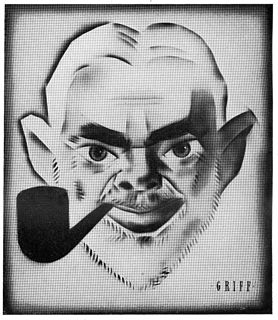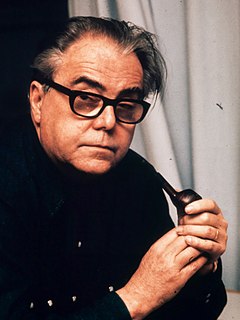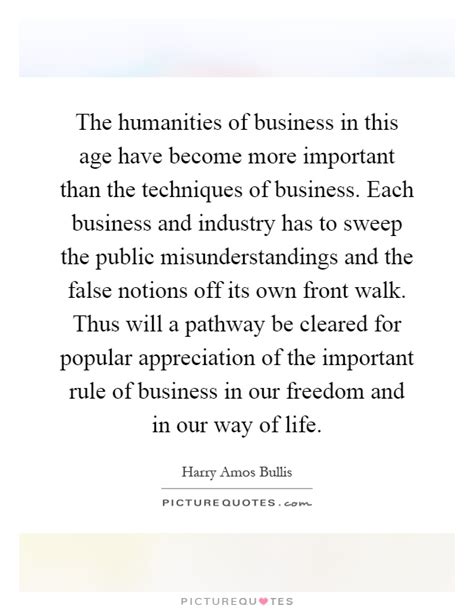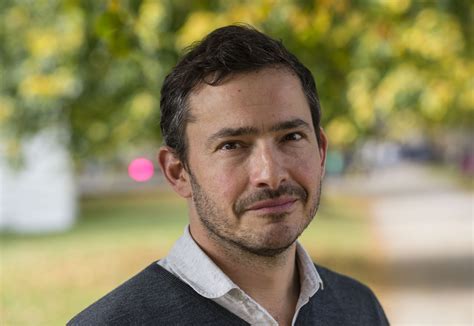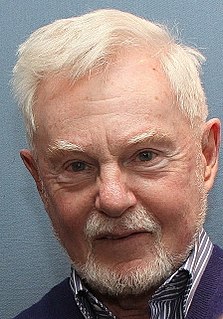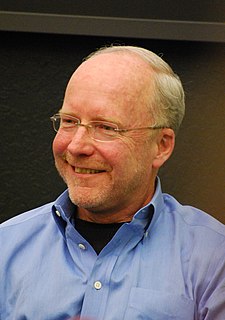A Quote by C. E. M. Joad
There was never an age in which useless knowledge was more important than in our own.
Related Quotes
The ordinary man is living a very abnormal life, because his values are upside down. Money is more important than meditation; logic is more important than love; mind is more important than heart; power over others is more important than power over one's own being. Mundane things are more important than finding some treasures which death cannot destroy.
In a world in which we are exposed to more information, more options, more philosophies, more perspectives than ever before, in which we must choose the values by which we will live (rather than unquestioningly follow some tradition for no better reason than that our own parents did), we need to be willing to stand on our own judgment and trust our own intelligence-to look at the world through our own eyes-to chart our course and think through how to achieve the future we want, to commit ourselves to continuous questioning and learning-to be, in a word, self-responsible.
It's where we're nearest to our humanness. Useless knowledge for its own sake. Useful knowledge is good, too, but it's for the faint-hearted, an elaboration of the real thing, which is only to shine some light, it doesn't matter where on what, it's the light itself, against the darkness, it's what's left of God's purpose when you take away God.
Without self-knowledge you have no root in yourselves personally; you may endure for a time, but under affliction or persecution your faith will not last. This is why many in this age (and in every age) become infidels, heretics, schismatics, disloyal despisers of the Church. They cast off the form of truth, because it never has been to them more than a form. They endure not, because they never have tasted that the Lord is gracious; and they never have had experience of His power and love, because they have never known their own weakness and need.
The more we understand what is happening in the world, the more frustrated we often become, for our knowledge leads to feelings of powerlessness. We feel that we are living in a world in which the citizen has become a mere spectator or a forced actor, and that our personal experience is politically useless and our political will a minor illusion.
The humanities of business in this age have become more important than the techniques of business. Each business and industry has to sweep the public misunderstandings and the false notions off its own front walk. Thus will a pathway be cleared for popular appreciation of the important rule of business in our freedom and in our way of life.
